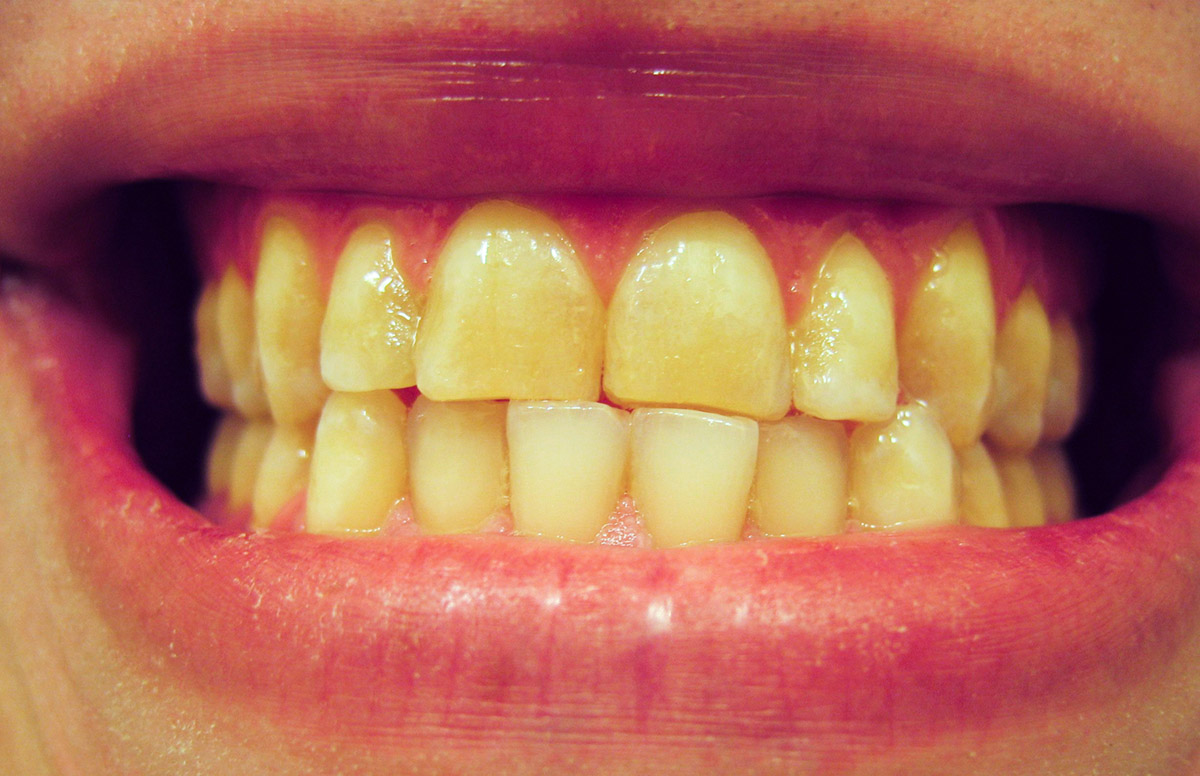
Bruxism is an expression standing for teeth clenching or teeth grinding while sleeping. This action takes place involuntarily and, usually, the person who grinds or clenches his/her teeth during the night is not even aware of the problem. However, this phenomenon may lead to numerous other problems. Namely, teeth clenching may cause jaw pain and even jaw dislocation, toothache and teeth deterioration. On the other hand, teeth grinding can seriously damage one's teeth, which results in pain, visible decay and numerous other problems. Therefore, bruxism is quite a serious condition, necessary to be noticed and treated before excessive damage has been done. There are several known causes of this problem, which you might treat, possibly removing the bruxism along the way. As for the frequency and other characteristics, this phenomenon may strike one every night and be very severe, creating grinding sounds which can easily be heard even by the people in the room next to yours, or it may be an occasional thing, affecting you rarely and causing you to clench your teeth during your sleep. Nevertheless, either way, you should treat this problem in order to prevent any further damage from being done to your teeth, jaw and other parts of your body.
Manifestations of Bruxism
Once you start suffering from bruxism overnight, you are bound to experience jaw pain, strange sounds popping in your jaw, pain in facial muscles or ears and several other problems of this type. Due to the fact that you may be grinding your teeth during sleep or while awake, you are bound to notice a sudden decrease in your dental health, mainly through the appearance of chipped or flattened teeth. The pain in your jaws and ears may signify damage in jaw joints, created due to this phenomenon. Upon noticing any of these symptoms, you are to seek dental or medical assistance as soon as possible.
Possible Treatment and Causes ofBruxism
Upon visiting a dentist, he/she may keep track of your dental health. If deterioration continues regardless of the treatment, doubts of bruxism may be justified. Since stress and tension are closely connected to this problem, your history of these conditions may be taken into consideration once a diagnosis of bruxism is about to be established.
Stress is the main cause of this phenomenon. While under stress, people get extremely nervous and feel inhibited. All these things may cause them to clench or grind their teeth due to a prolonged presence of this harmful state of mind. Therefore, finding and practicing a stress release techniques may prove to be beneficial for treating bruxism as well.





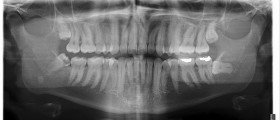
,-Don't-Ignore-Receding-Gums_f_280x120.jpg)
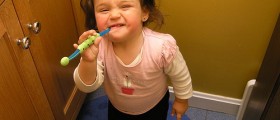
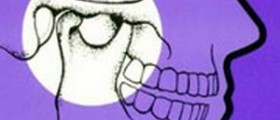
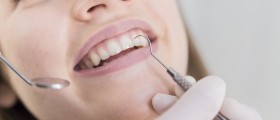

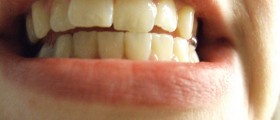


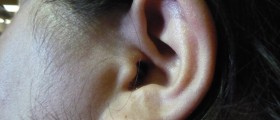

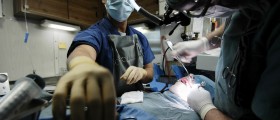
Your thoughts on this
Loading...